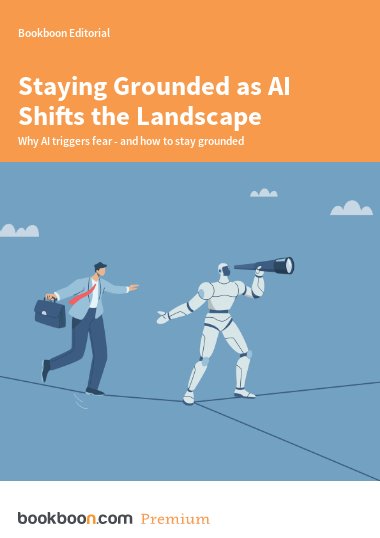The rise of AI in the workplace is creating a whirlwind of change. Many of us are left wondering: Will I still be needed? Will my skills stay relevant? These are natural responses to change. But if left unchecked, this can cloud our focus, eat away at our motivation, and deteriorate our mental health.
To stay grounded, it helps to understand what’s causing our anxieties. Neuroleadership expert David Rock’s SCARF model breaks down five key areas of human emotion: Status, Certainty, Autonomy, Relatedness, and Fairness. Each one can be disrupted by AI. But they can also be consciously managed.
1. Status: Reframe Your Value
As AI takes over tasks traditionally done by humans, it’s easy to feel that your professional worth is diminishing. The question “Will I be replaced?” can play with anyone’s confidence.
Instead of focusing on replacement, remember that creativity, empathy, and emotional intelligence are uniquely human strengths. Investing time in upskilling in areas like these can complement AI, ensuring you become an indispensable part of the workforce.
2. Certainty: Finding Stability in the Face of Change
AI developments can feel rapid and unpredictable. We live in an ever-changing present with an unknown future, which understandably causes anxiety.
Rather than getting overwhelmed by uncertainty, take control where you can. Become AI literate and then sustain it - we’re all still getting to know the technology. Learn the nuances of its impact on your industry and reflect on how you want to adapt. Creating clearer direction, even if it’s just a few steps at a time, can help build certainty.
3. Autonomy: Regaining Control
Sometimes it can feel like you’re losing control over your work. As the machines take on decision-making roles, it can be disempowering to feel like you’re just following the algorithm rather than actively contributing.
To counter this feeling, focus on where you do have control. Try to master an AI tool so you can use it to your advantage and perhaps even direct the impact of AI tools in your workplace.
4. Relatedness: Strengthening Human Connections
If a new AI tool takes over much of the work, you might feel less connected to your team. The sense of working alongside machines instead of people can also create feelings of alienation.
Ease this feeling by opening up to your colleagues and acknowledging the change. Share experiences, learn together, and build a supportive community around the adoption of AI. This way, technology becomes a tool for connection rather than a source of alienation.
5. Fairness: Ensuring Equality
If AI feels like it’s benefiting some while sidelining others, that can hurt your motivation. It can feel like everything just changed overnight.
The key is to keep perspective, stay curious, and share any concerns with your colleagues or management. Make sure it’s being implemented fairly and you’re receiving the level of training needed to correctly integrate AI into your work.
The speed of change may be disorienting but learn continuously and maintain rationality. Pay attention to what makes you human: connection, adaptability, judgement. Amidst the hyperbole around this topic, it can be easy to forget that AI is a tool, not a threat. All tools around us evolve, but so do we - on our own terms.
To learn more about the emotional and psychological side of working alongside AI, tune into AI Anxiety and How to Overcome It by Hans de Graaf.


